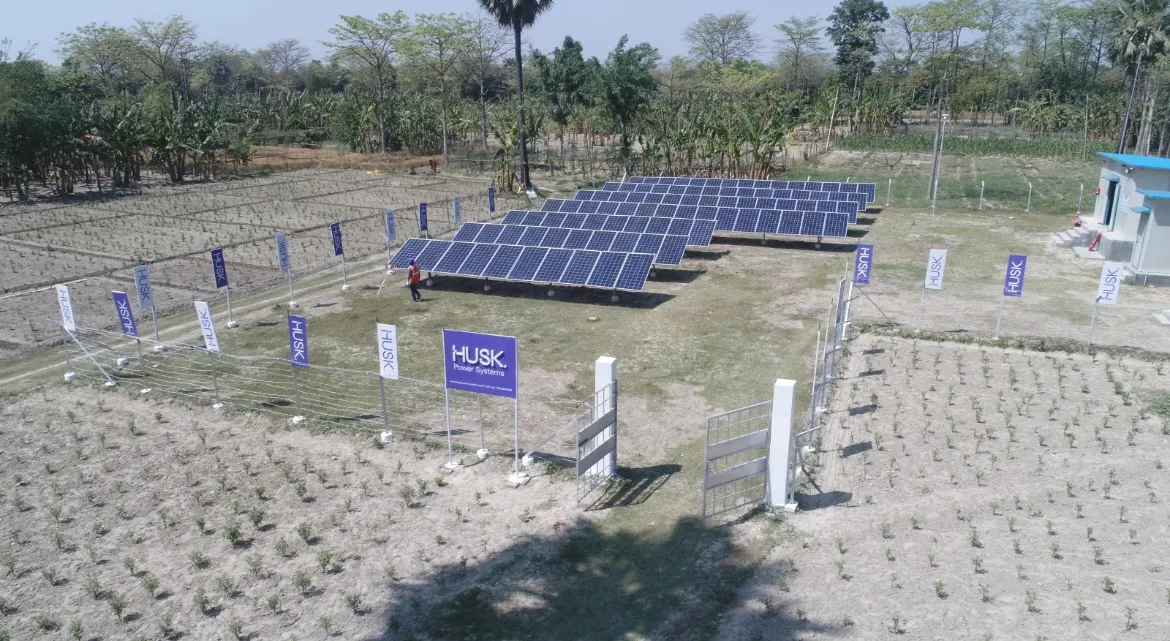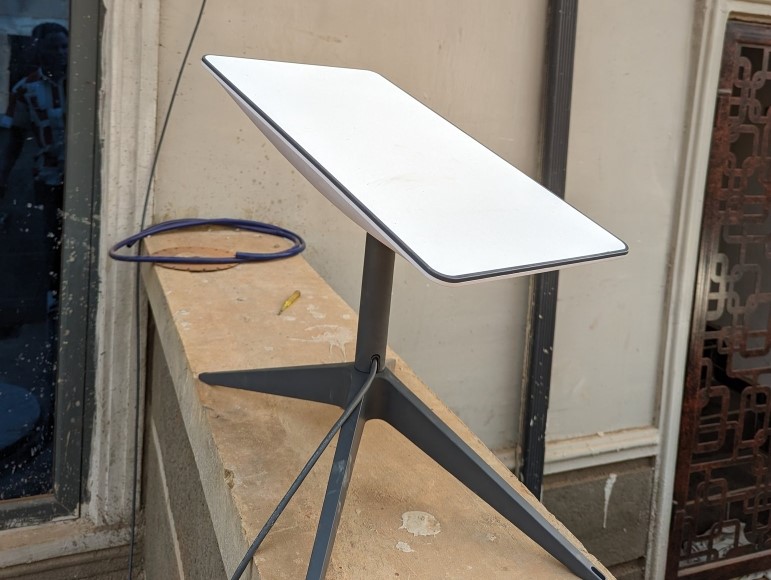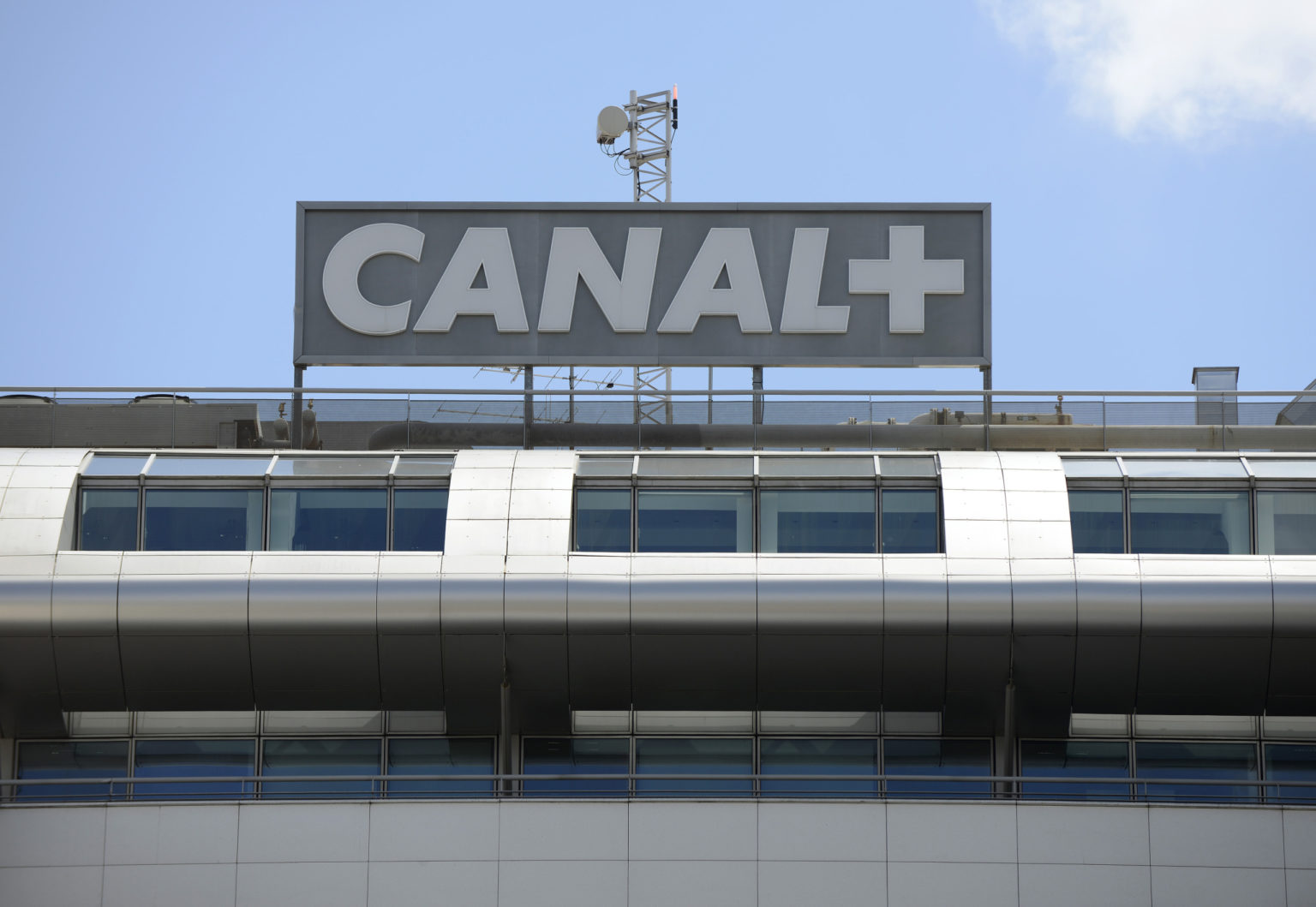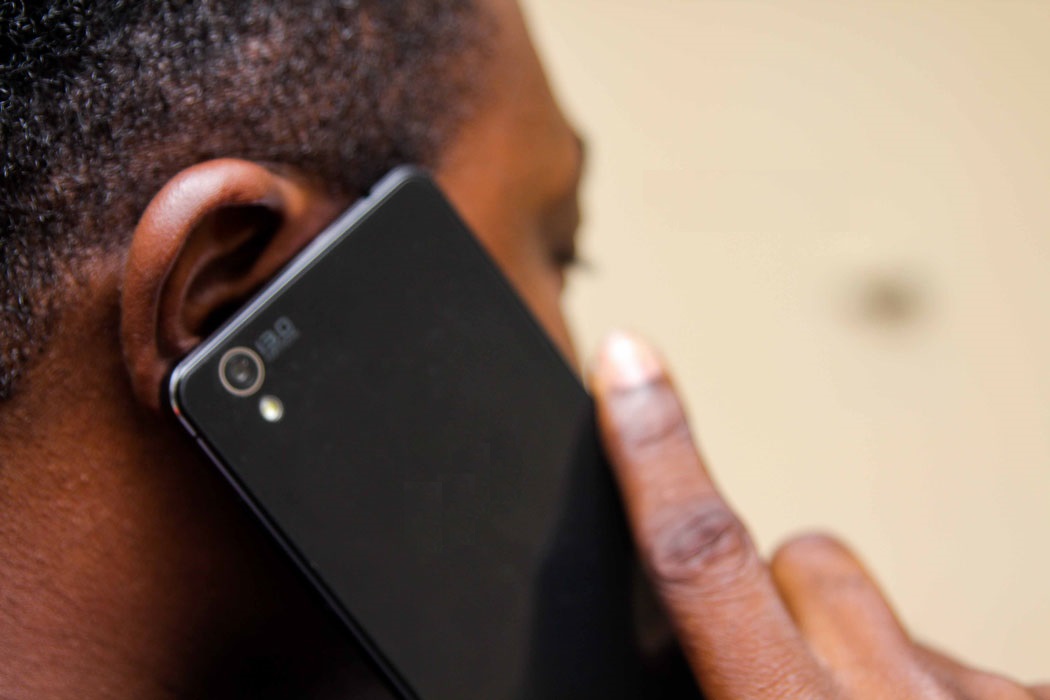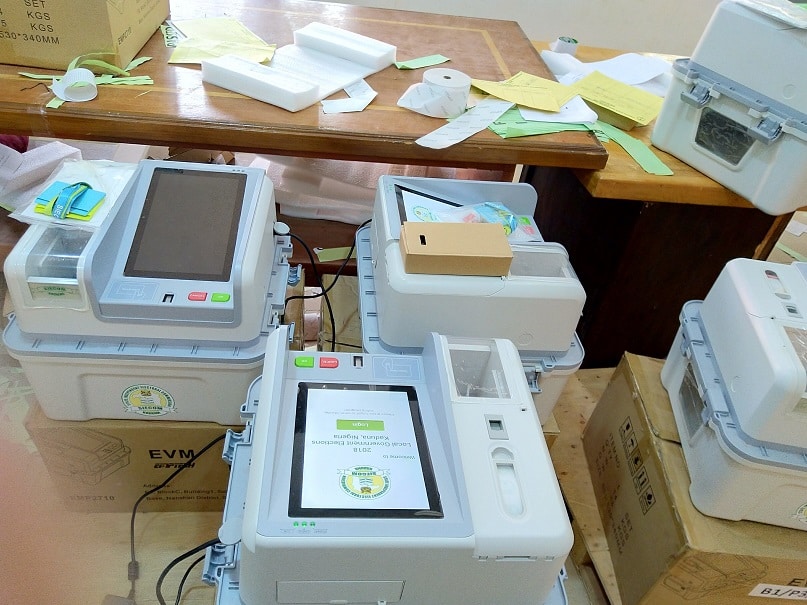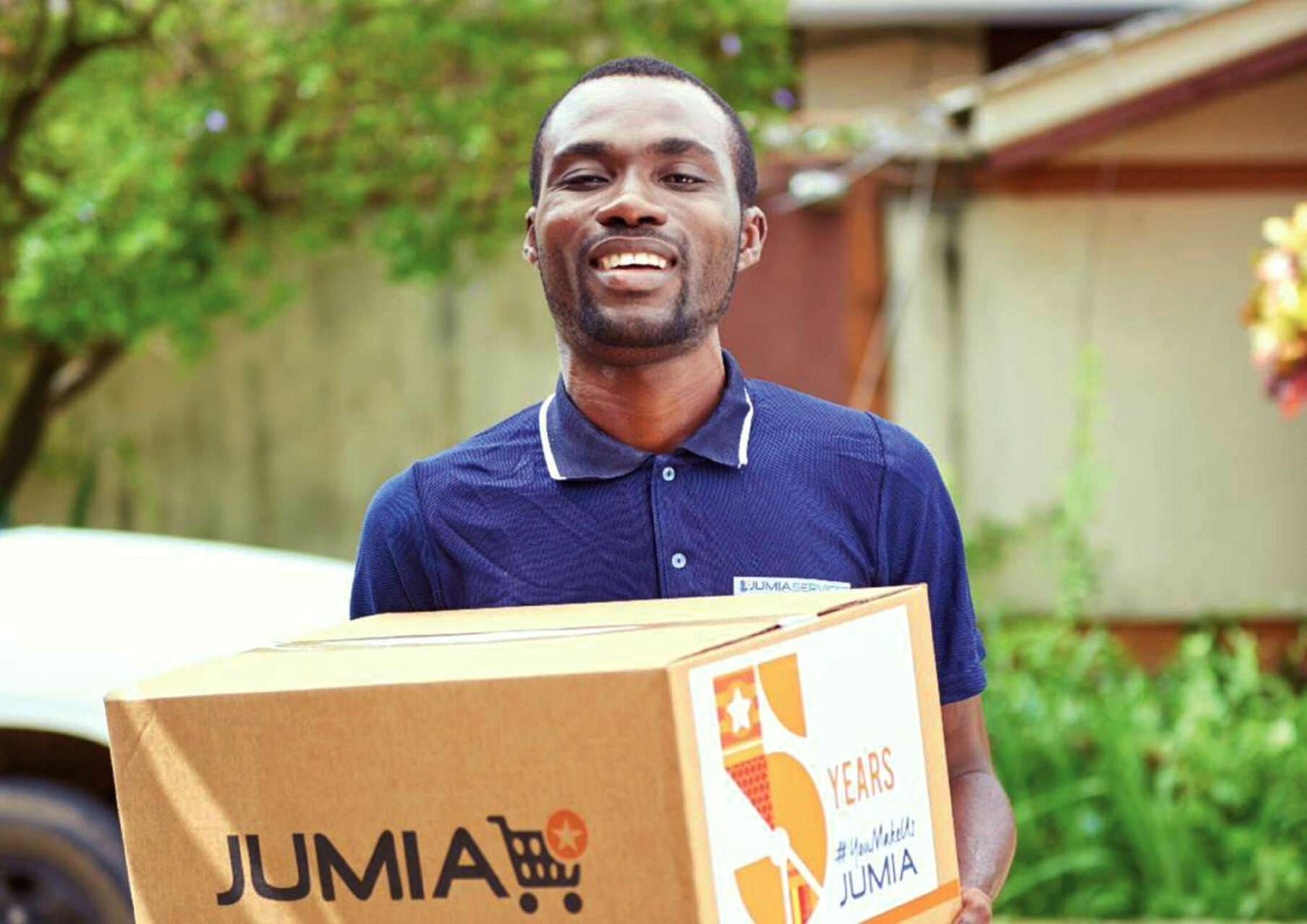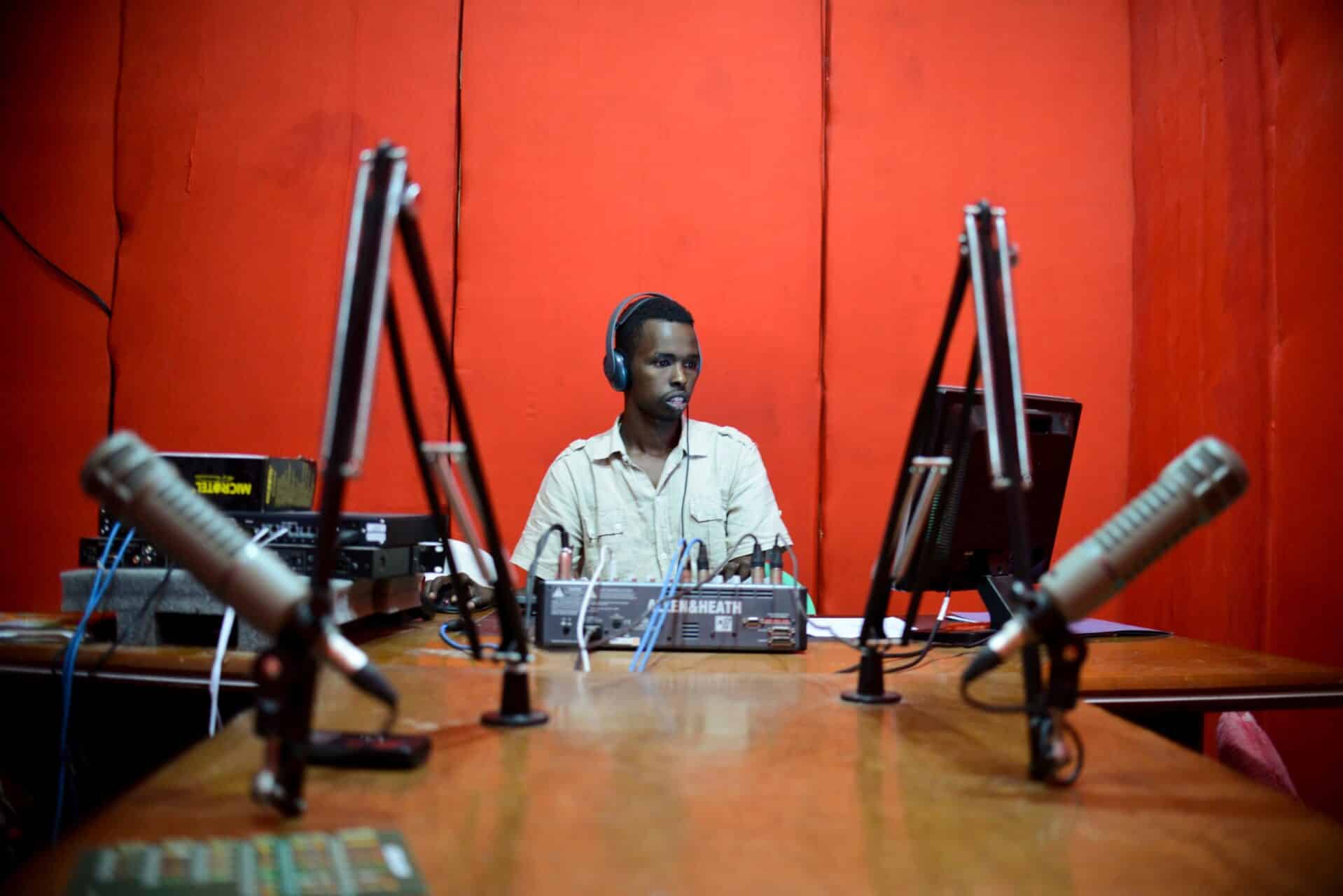Husk Power Systems, a US-based cleantech startup, has raised $103 million in Series D — $43 million in equity and $60 million in debt financing.
Several investors participated in the equity round, including FMO, Swedfund, Proparco, Shell Ventures, the US International Development Finance Corporation (DFC), and STOA Infra & Energy.
Conversely, several financial organisations, such as the European Investment Bank (EIB) and the International Finance Corporation (IFC), provided debt financing.
Per the company, the funding further solidifies its leadership position in providing an AI-enabled platform of renewable energy services to rural communities in South Asia and sub-Saharan Africa.
The startup asserts that it has been at the forefront of encouraging rural electrification since 2008. Husk Power has since improved its business model by contributing to developing the community mini-grid industry, a type of distributed renewable energy infrastructure that offers first-time access to reasonably priced, reliable, clean, and modern power.
Beyond gaining access to energy, this expansion involves the energy shift from fossil fuels to renewable sources.
Additionally, Husk Power says it has evolved into an integrated platform that provides several climate-resilient and low-carbon energy services, moving from a pure-play mini-grid operator.
These climate-resilient and low-carbon energy services include turnkey commercial and industrial (C&I) rooftop solar, energy-efficient appliance sales and financing, e-mobility, agro-processing, and cold storage.
Moreover, the cleantech has announced plans to install 500 solar mini-grids in Nigeria within the next five years. CEO and co-founder Manoj Sinha said the company has launched over 200 mini-grids in Nigeria and India.

Join over 3,000 founders and investors
Give it a try, you can unsubscribe anytime. Privacy Policy.
Husk Power claims to have served over 10,000 micro, small, and medium-sized enterprises (MSMEs) and prevented 25,000 tonnes of carbon dioxide emissions through its mini-grids.
It plans to serve 300,000 additional connections over the next five years by expanding its fleet and avoiding 350,000 tonnes of carbon dioxide emissions.
Husk Power intends to utilise this additional funding to expand its mini-grid footprint to 1,500 units after achieving a compound annual growth rate (CAGR) of 60% and sustaining a retention rate of over 90% over the years.
Over the next five years, Husk Power projects that there will be 500 mini-grids in Nigeria, a 40x increase from the current number.
Sinha says that two-thirds of the funding will go towards expanding the company's footprint in sub-Saharan Africa so that the number of mini-grids there is comparable to what has been installed in India thus far.
The cleantech also plans to use the new funds to assess growth in several markets in the coming years, such as the Democratic Republic of the Congo (DRC), Zambia, and Madagascar.

